Sweden sent shockwaves through world soccer on Monday by beating Italy in their World Cup qualifying playoff, securing a berth for themselves and knocking Italy out of the competition for the first time in decades.
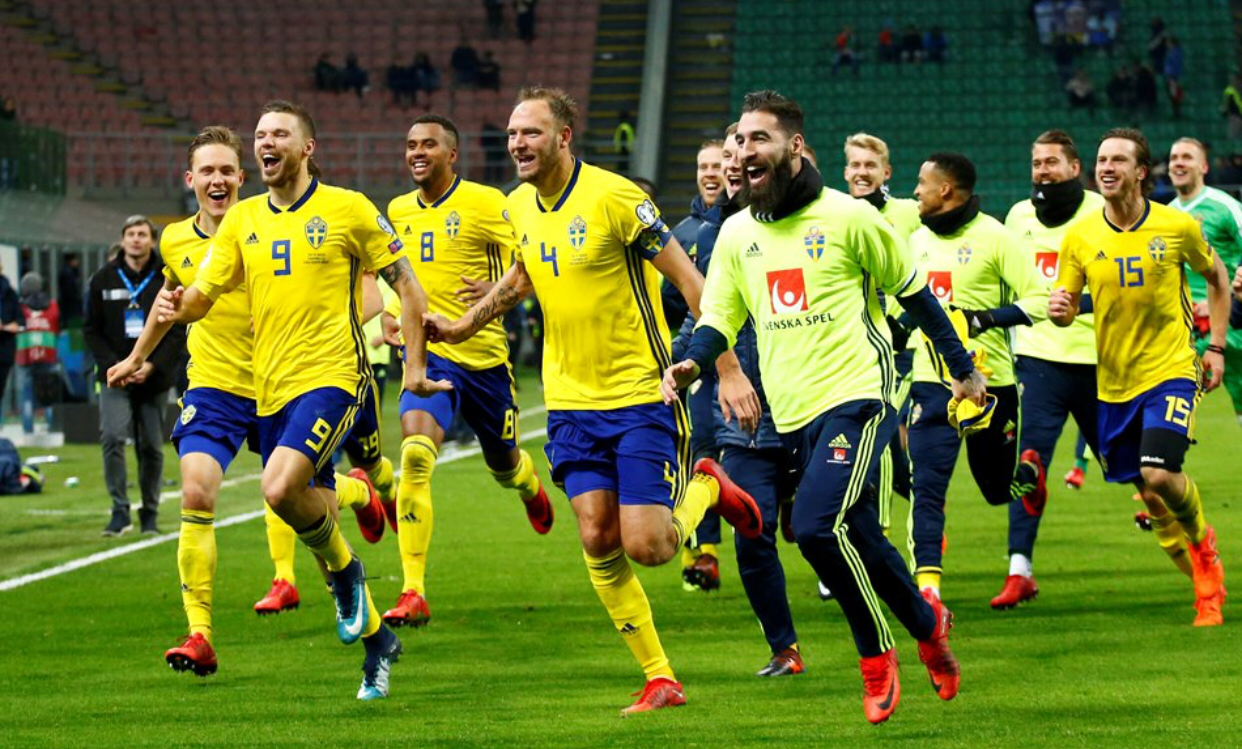
For the first time since 1958 and only the second time ever, the Italian national team will not qualify for the World Cup. A 0-0 draw with Sweden in the second leg of the European play-off round sealed their fate, after the Azzurri lost 1-0 in the first leg on Friday.

Even without our iconic star, Zlatan Ibrahimović, Sweden defied expectations and played well enough to deserve their spot in the country’s first World Cup since 2006.
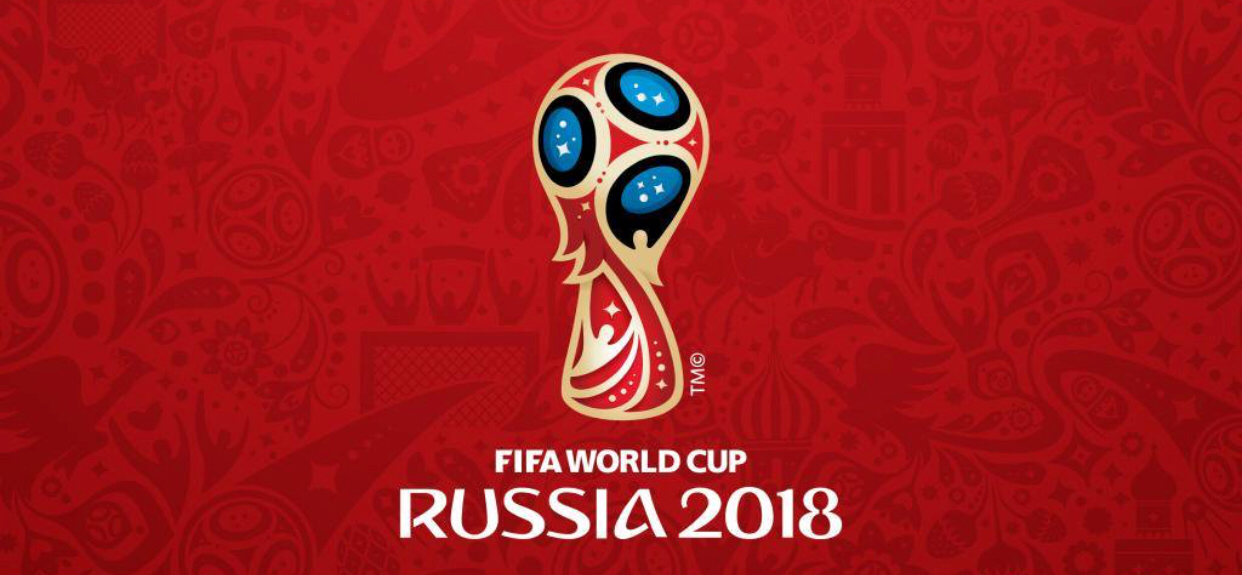
Now the big question everybody is asking is: could Zlatan Ibrahimovic be set to make a return to international football after Sweden qualified for the World Cup?
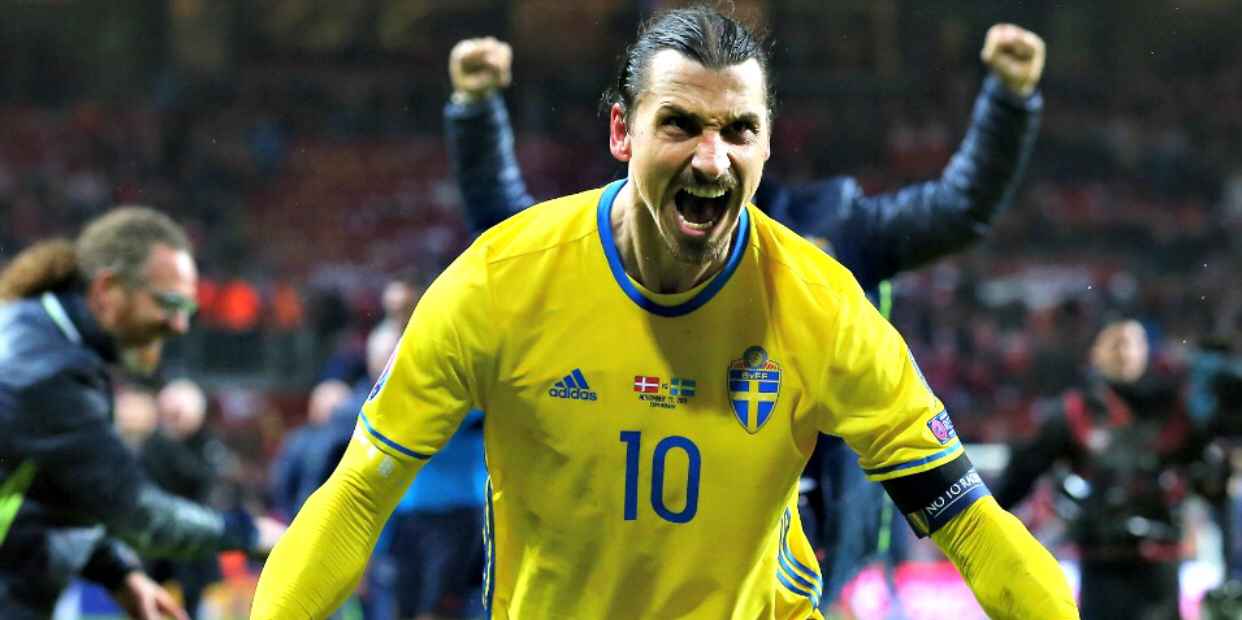
The Manchester United striker is Sweden’s all-time top scorer with 62 goals in 116 appearances, and could be attempting option for manager Janne Andersson should the forward declare himself available for selection.
Will he play?
Who knows, no team in the world turns down Zlatan Ibrahimovic.
It has now gone almost eight months since the World Trade Organization (WTO), Trade Facilitation Agreement (TFA) entered into force. TFA or the Bali package as it is also called, is the first global trade agreement in decades. Even the moderate predictions on how the TFA will boost international trade and positively impact the global GDP are impressive.I think it will be even more important than that. Today we know that trade is a way to development. Trade growth and improves the life of people. Trade also has a positive impact on stability and peace; the European history is an example on that.
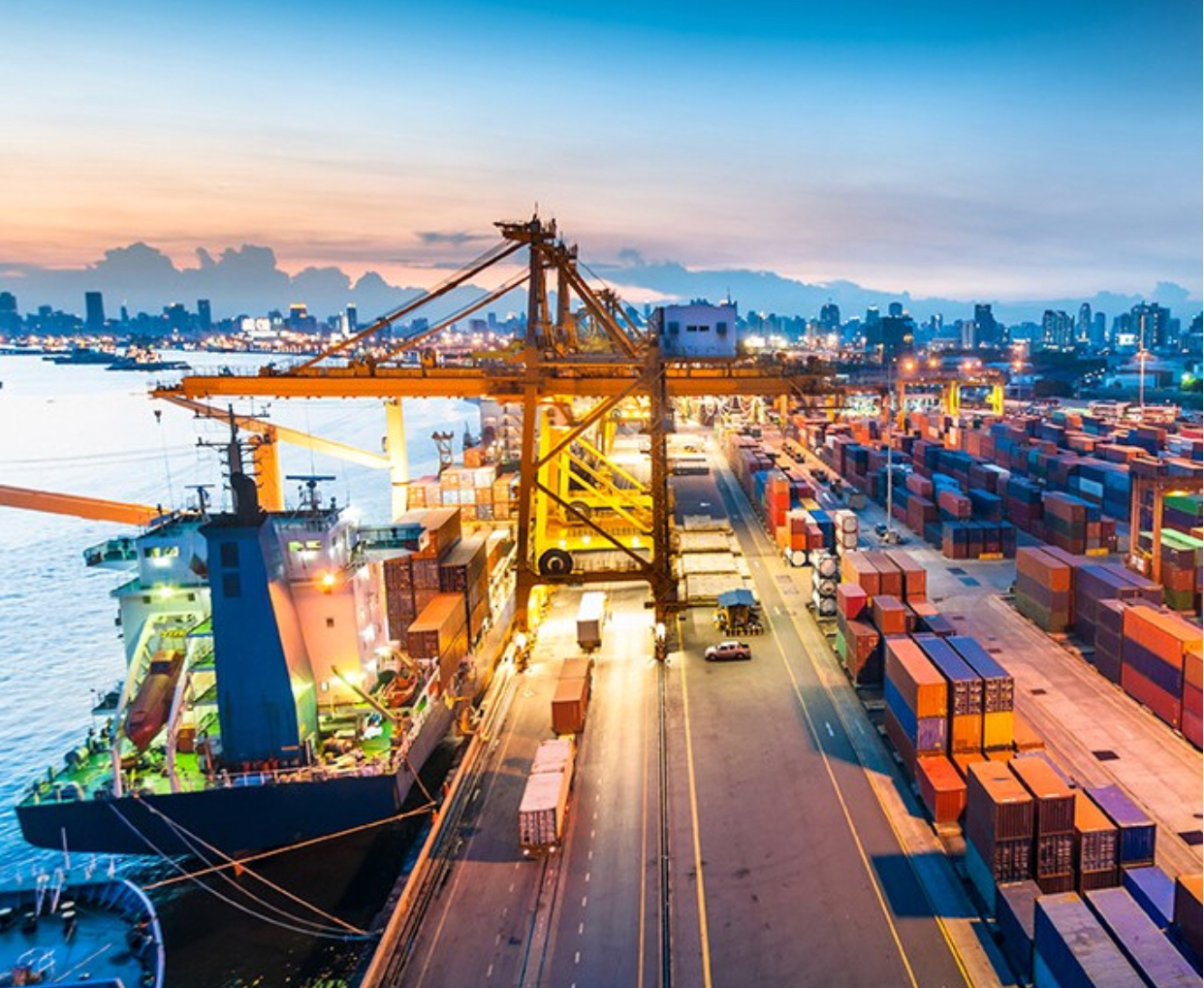
When TFA entered into force, we got an opportunity we never had before and it happened in a time when there is uncertainty in the world. Now Trade Contact Groups, Stakeholder Engagement Platforms, Single Windows and AEO/Trusted Trade programmes – with measureable benefits – are not voluntary any more, but mandatory according to international law for all WTO members. The time lines for implementation, depending on the categories are still under development, but the fact is there, we have taken a huge step forward to a more advanced and facilitated trading system.
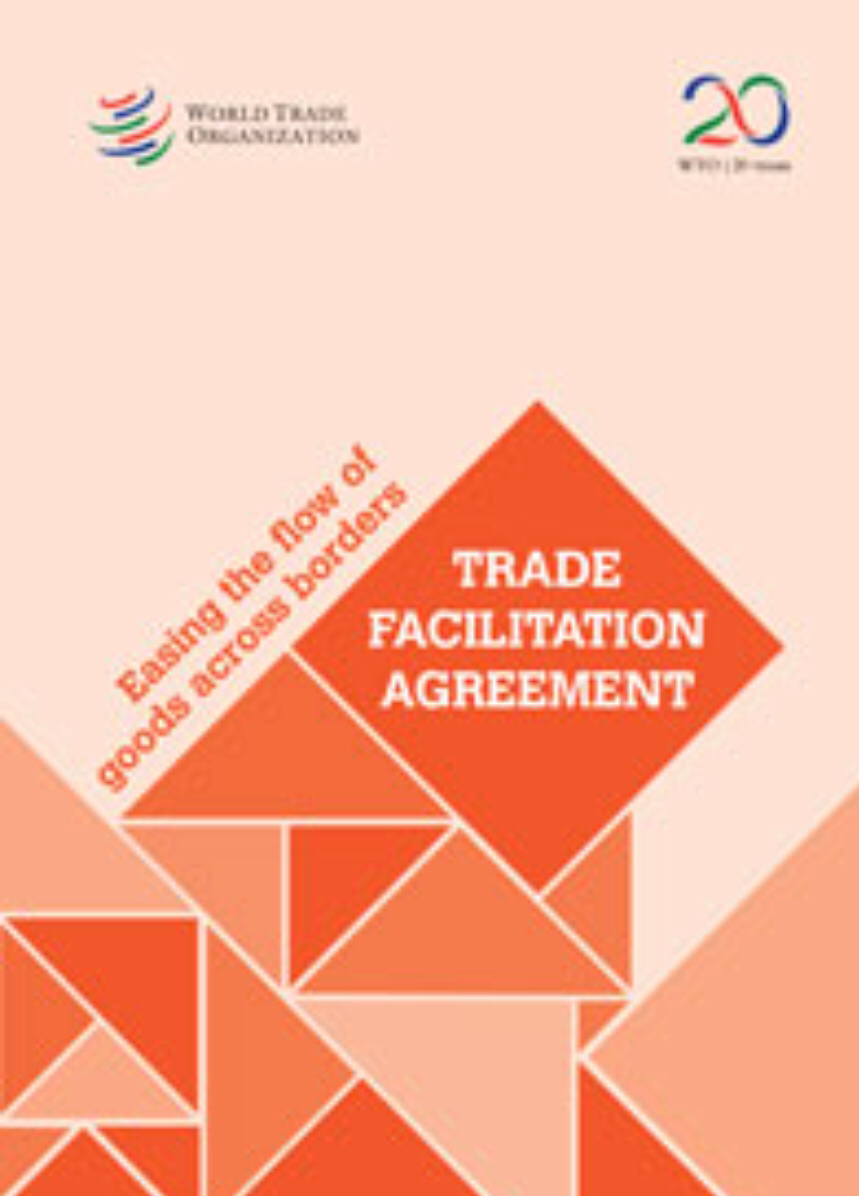
It is sometimes said that TFA is a Customs agreement, and it is true that the main components of the TFA are Customs related, but TFA is much more than that. It involves all stakeholders of the international supply chain and all agencies involved in cross border trade.
This is a unique opportunity and a momentum for the world and let us make sure we do not miss this penalty kick. This one we need to score.
We in KGH has developed two services (packages) to support Governments/Customs and Private Sector in estimating what TFA means and how to utilize and implement the positive consequences of the agreement. If you want to know more about our ‘KGH TFA Government’ or the ‘KGH TFA Business’ packages, please let me know and I will send you the information.
Brexit is the largest change in the field of Customs in our lifetime. I don’t think that anybody really knew what it would mean to exit a Customs Union. In fact, we are still finding out.One thing is certain though, it is not possible to leave a Customs Union and its Customs territory and still stay in.
Now we also know the date for this change. Brexit will happen on 29 March 2019 at 23h00.
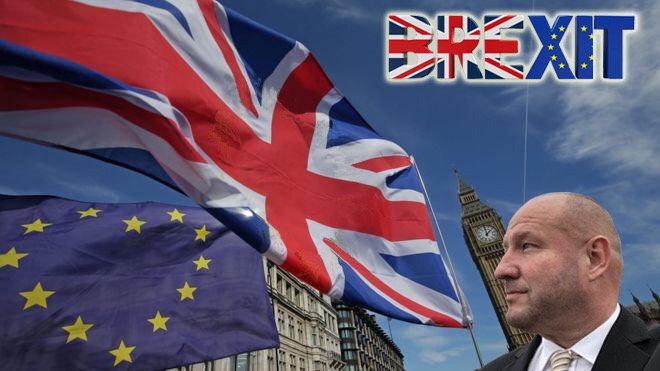
When you leave a Customs territory there will be a border and Customs requirements and border formalities will have to be handled. Also meaning that there have to be Customs declarations for all goods passing the border in both directions. This will be the case for the Northern Ireland-republic of Ireland border as well as for the channel tunnel, the airfreight and the sea border.
Sometimes people mix up the Customs territory with the single market, the different agreements and the security zone. However it is not complicated at all, there will be a new Customs border between EU and UK.
The number of Customs declarations will increase tremendously, both in UK and in EU. UK is a major trade partner for all EU countries. Some people in media have concentrated on what tariffs will be in place, which depends on political negotiations and what trade policy/free trade agreements UK will have over time. It will take time. However regardless of the tariffs and trade affairs, the Customs model and border solution will have to be in place. Information must be collected, analyzed and processed, for a number of good and necessary reasons. There need to be identification at the borders, on borders today lacking the sufficient infrastructure to do so. There are a number of other complications, like the fact that all goods going from the Republic of Ireland to EU and the other way around, will likely have to pass UK – a third country – and thus need a transit regime. Both UK and EU companies will have to learn a new Customs legislation of UK, when that is ready and implemented. In addition, there are thousands of UK and EU companies that today only trade with clients within EU and now, if they want to keep those trade relations will have to learn not only one Customs legislation and procedure, but two.
So Houston we have a problem, or really London-Brussels we have a problem.
The good news is that there is hope. I am convinced that is possible to solve this challenge in a positive way. I believe that we should use already existing international standards, existing best global practices (upgrade by five times) and the state-of-the-art technology on the top to re-invent the border concept to Border 2.0. When having the largest Customs change in history ahead of us, we also have the opportunity of a lifetime to make the necessary change of how we do business. There are existing Customs models that integrated and upgraded can do the job. This is what the international customs community has prepared for and we have the tools to make it work. If there is political will to do so.
How can it be done? I have three words for you. Read. This. Blog.
I will over the next year publish a series of articles about how the Brexit challenge can be solved but also how the Brexit can become the bridge to the future of Customs.
For all EU companies that trade with UK or UK companies that trade with EU I have only one advice. Do not wait to see what happens. Do your own internal Brexit analysis now. There are many experts that can help you. We have a Brexit package that diagnose your company, analyze your Brexit situation, detect gaps and presents a way forward. If you want to know more, please contact me on lars.karlsson@kghcustoms.com.






You must be logged in to post a comment.